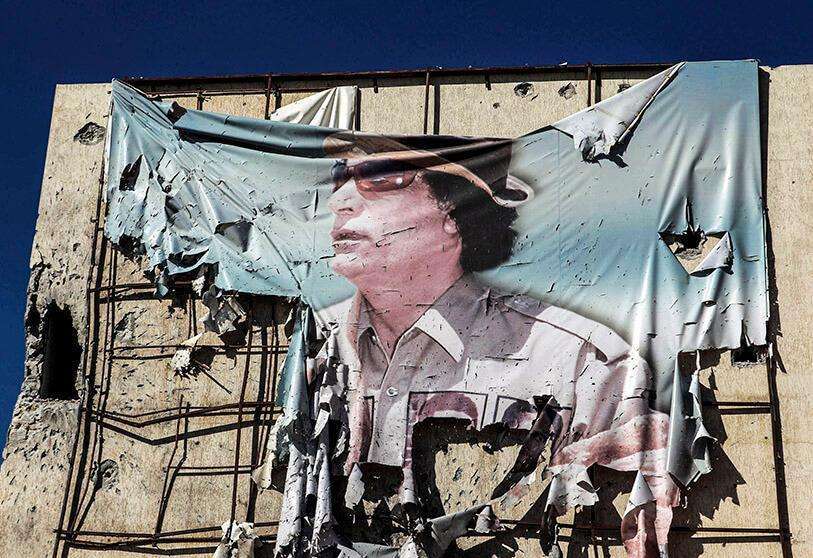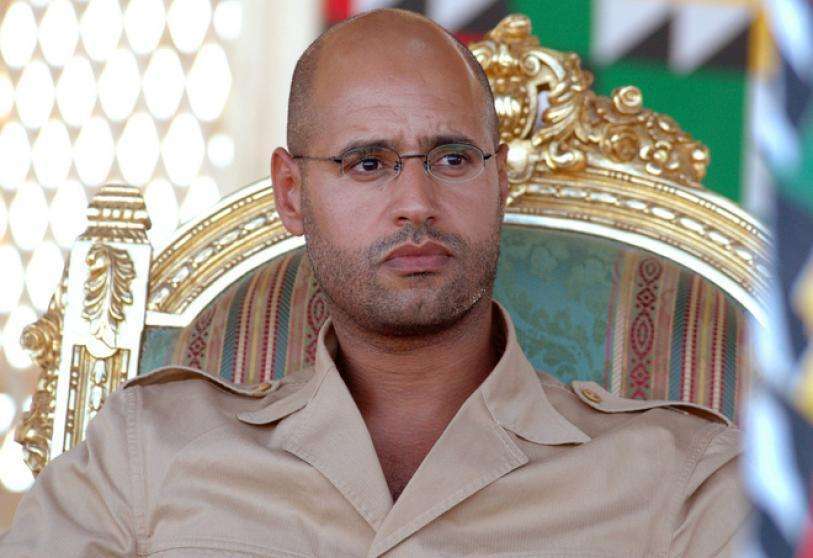Khalifa Haftar resigns military post to run in Libyan elections

Khalifa Haftar, leader of the Libyan National Army (LNA), has filed his candidacy for the upcoming Libyan elections to be held on 24 December. The move comes shortly after Haftar announced that he was stepping down from his military post for three months.
In a statement, Haftar introduced his replacement, General Abdelrazak al-Nadhuri, who "will serve as commander general for a period of three months," he said. Al-Nadhuri will therefore serve from 23 September to 24 December, the day of the elections.
Haftar's announcement was not without controversy, as earlier this month the speaker of the Libyan parliament, Aguilah Issa, passed a controversial law on presidential elections. One of the clauses allows candidates to resign three months before the elections and return to their respective posts if they do not win the elections. Analysts said the law was designed to allow Issa and Haftar to stand for election without risking their positions, reports Al Jazeera.

Haftar returned to Libya in 2011 after several years in exile in the United States. His return coincided with the protests that toppled Muammar Gaddafi. After the dictator's fall, his trail was lost for a while, until in 2014 he announced his plan to 'save the nation'. Haftar took command of the Libyan National Army with the aim of dissolving the Muslim Brotherhood-linked Islamist-majority parliament.
The LNA took on the country's Islamist militias, driving them out of Benghazi and other key strongholds in 2016. The LNA is currently supported by Russia, France, the United Arab Emirates and Egypt. Other major powers such as Turkey and Qatar are backing the Government of National Accord (GNA).

However, Haftar also played a key role before the Arab Spring and the subsequent civil war. The general was a figure close to Gaddafi, helping him to overthrow King Idris I in September 1969. During the new regime, Haftar was appointed Chief of Army Staff, although in the conflict with Chad between 1978 and 1987 he was charged with treason for deserting the troops.
Haftar spent several years in Libyan prisons until he was released in 1990 and went into exile in the United States. Many analysts claim that Haftar began collaborating with the CIA to bring down the Gaddafi regime. The general lived in the state of Virginia, very close to the agency's headquarters in Langley.

Among the candidates Haftar faces could be Saif al-Islam al-Gaddafi, son of the Libyan dictator. Over the summer, Saif al-Islam expressed his desire to "restore the lost unity" of Libya in an interview with the US newspaper The New York Times. Gaddafi's son did not rule out running in the elections, calling himself "the saviour of the country", a description reminiscent of Haftar's statements when he resurfaced in 2014 with the aim of leading the country.
According to Saif al-Islam, Libyan politicians "have only brought misery". "The country is on its knees, there is no money, no security, no life," he said. According to a poll by The New York Times, 57% of residents of an unspecified Libyan region supported Gaddafi's son.

The forthcoming December elections were agreed after a ceasefire was agreed in October 2020. The elections are also part of peace processes aimed at bringing stability to the country, which has been mired in conflict and insecurity since the fall of Gaddafi in 2011.








